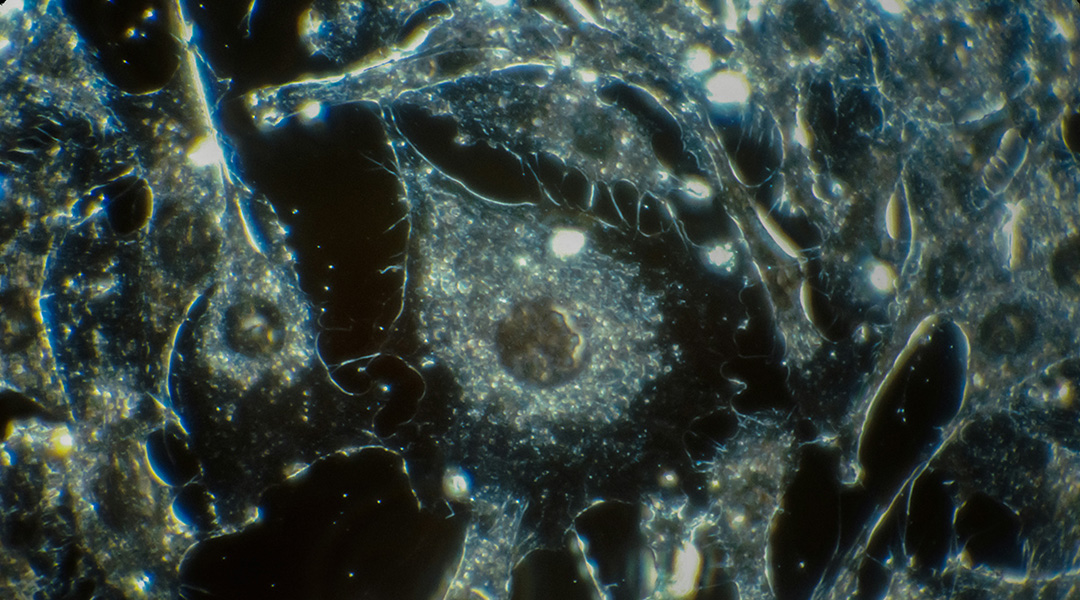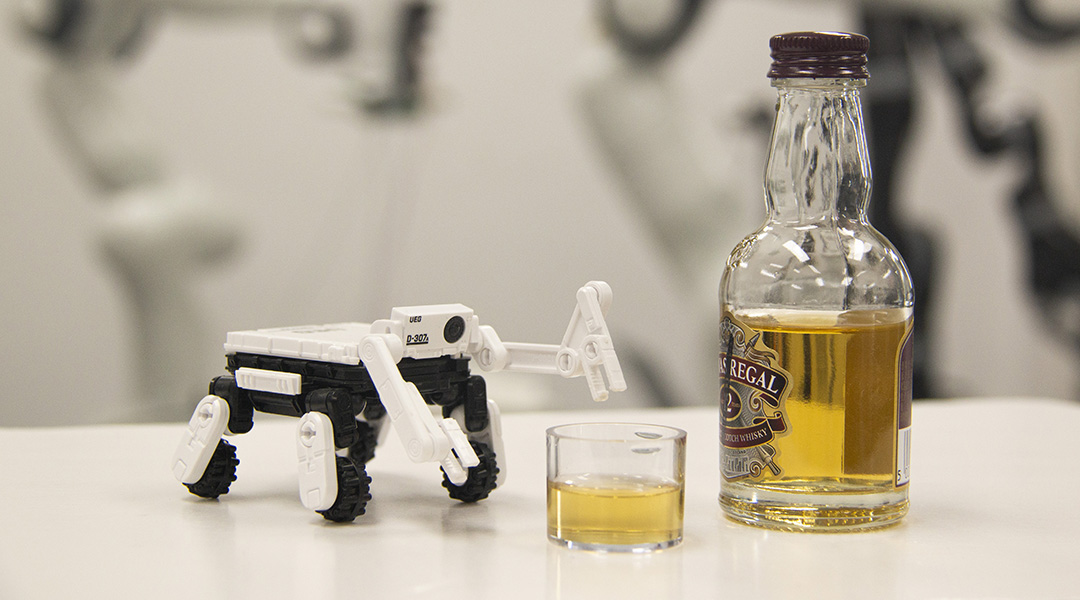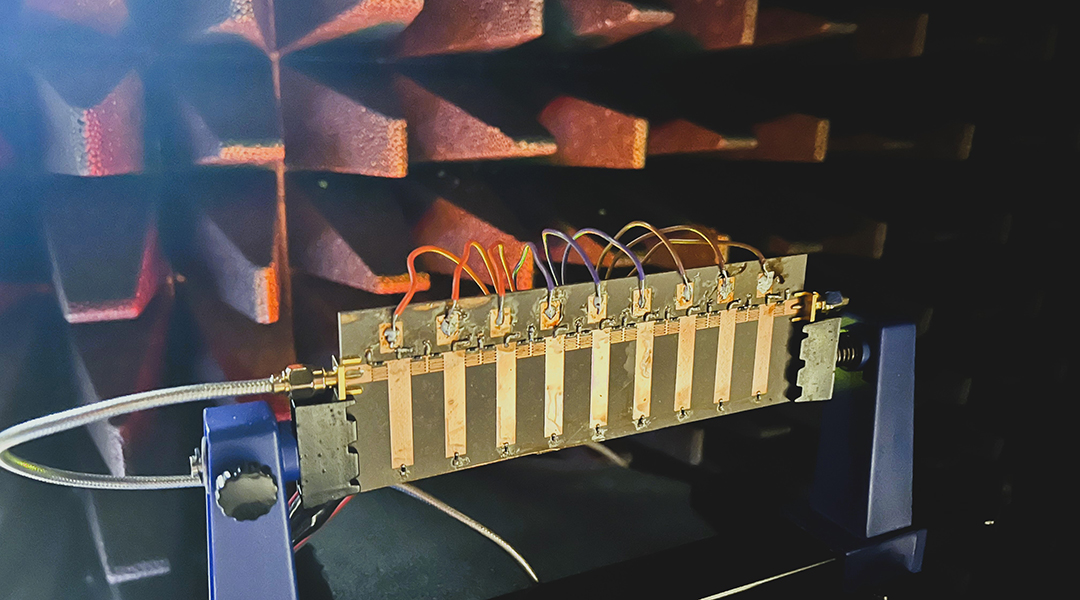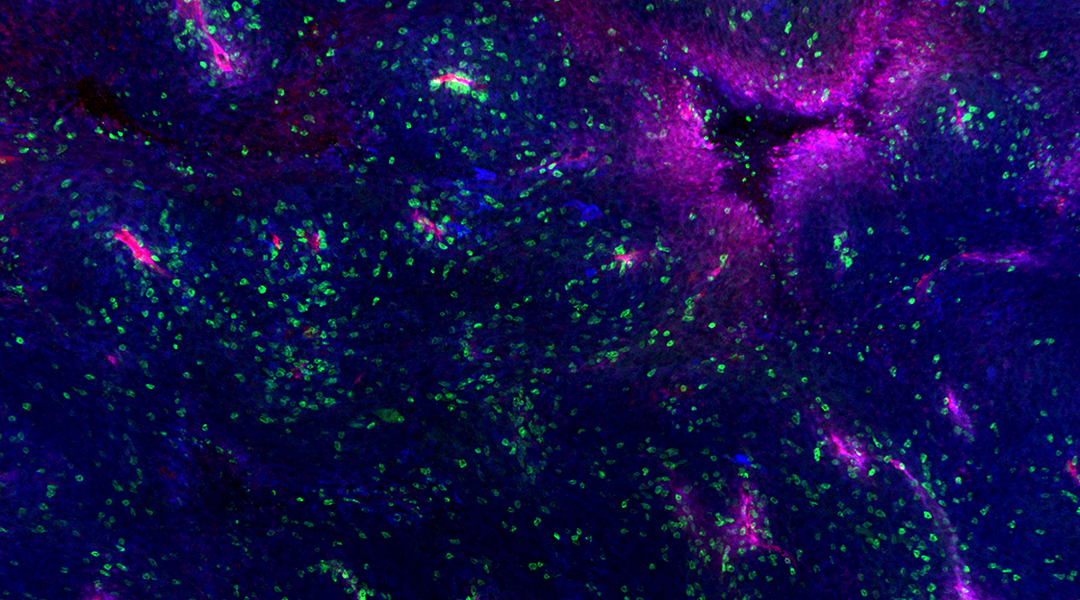A cloud-integrated wearable device could help catch postpartum problems during those critical first weeks after delivery.


A cloud-integrated wearable device could help catch postpartum problems during those critical first weeks after delivery.

Mechanical therapy physically breaks down cancer cells and could help overcome the problem of treatment resistance.

Researchers have found a trade-off with screen time and the cognition, behavior, and brains volume of adolescent and young children.

Precisely copying the capabilities of a biological nose with an artificial one is a lofty but potentially world-changing goal.

The generator harnesses energy from water and is built with a fiberform material derived from the straps of disposable medical masks.

This nanogenerator built from waste DVDs can generate electricity from gliding droplets of water.

A cutting-edge security system for IoT devices uses physical layer security to make personal data significantly more difficult to hack.

Drawing power from the electrical fields of nearby objects, this nanosensor enhances vehicle safety and slashes energy consumption.

How manipulating electron flow through cells’ mitochondria could help enhance immunotherapy.

This cost-effective solar evaporation device could supplant lengthy and expensive filtration systems normally used in wastewater treatment.